Entre le 20 août et le 5 septembre, quatre hommes du Delaware ont été arrêtés et/ou se sont rendus dans le Delaware en raison d’accusations fédérales liées à un prétendu stratagème international de « sextorsion » qui a ciblé des milliers de victimes aux États-Unis, au Canada et au Royaume-Uni.
Selon un acte d’accusation de remplacement non scellé aujourd’hui, Sidi Diakite, 30 ans ; Almamy Diaby, 22 ans ; Abdul Aziz Sangare, 26 ans ; et Abdoul Aziz Traore, 31 ans ; tous les résidents de Wilmington et d’autres co-conspirateurs auraient exploité un système international de « sextorsion » et de blanchiment d’argent à motivation financière dans lequel les conspirateurs se sont engagés dans le cyberharcèlement, les menaces interétatiques, l’extorsion, le blanchiment d’argent et la fraude électronique.
Dans le cadre du stratagème, les conspirateurs, utilisant plusieurs méthodes de paiement, ont tenté d’extorquer environ 6,9 millions de dollars à des milliers de victimes potentielles, et ils ont réussi à extorquer environ 1,9 million de dollars à ces victimes par le biais de CashApp et Apple Pay.
L’acte d’accusation de remplacement inculpe également Hadja Kone, 28 ans, de Wilmington, Delaware, qui avait déjà été arrêtée en avril ; et Siaka Ouattara, 22 ans, d’Abidjan, Côte d’Ivoire, que les autorités ivoiriennes ont arrêtées séparément en février à Abidjan, en Côte d’Ivoire, pour des accusations ivoiriennes découlant du même stratagème.
Comme l’a allégué dans l’acte d’accusation de remande, les conspirateurs se sont fait passer pour de jeunes femmes en ligne et ont entamé des communications avec des milliers de victimes potentielles, qui étaient principalement de jeunes hommes et comprenaient des mineurs des États-Unis, du Canada et du Royaume-Uni. Les conspirateurs auraient proposé de fournir et/ou fourni aux victimes des photographies sexuelles, des enregistrements vidéo et/ou des sessions de « web cam » ou de « chat vidéo en direct » décrivant ce qu’ils dépeignaient faussement comme étant une jeune femme, alors qu’en fait les conspirateurs étaient ceux qui exploitaient les comptes. À l’insu des victimes, pendant la webcam/les chats vidéo en direct, les conspirateurs ont enregistré subrepticement les victimes alors qu’elles exposaient leurs organes génitaux et/ou se livraient à une activité sexuelle. Les conspirateurs ont ensuite envoyé aux victimes des copies des images sexuelles obtenues frauduleusement par les victimes et ont menacé de distribuer les images sexuelles des victimes aux amis, aux membres de la famille, aux proches, aux employeurs et aux collègues des victimes, et de publier largement en ligne les images sexuelles des victimes, à moins que les victimes ne transfèrent des fonds aux destinataires désignés. Ouattara, Kone, Diakite, Diaby, Sangare, Traore et d’autres exploitaient également des infrastructures pour transférer les fonds obtenus illégalement des victimes à des conspirateurs situés en Côte d’Ivoire et ailleurs à l’étranger.
Diakite, Diaby, Sangare, Traore, Kone et Ouattara sont tous d’avoir accusés de complot en vue de commettre du cyberharcèlement et d’envoyer des menaces interétatiques, de conspiration pour se livrer au blanchiment d’argent, au blanchiment d’argent et de fraude électronique. S’ils sont reconnus coupables, les accusés se voient chacun face à une peine maximale de 20 ans de prison pour chaque chef d’accusation de complot et de blanchiment d’argent, et à une peine maximale de 20 ans d’emprisonnement pour chaque chef de fraude électronique. Un juge de la cour de district fédérale déterminera toute peine après avoir examiné les États-Unis. Directives de détermination de la peine et autres facteurs statutaires.
Le procureur général adjoint, Nicole M. Argentieri, chef de la division criminelle du ministère de la Justice, États-Unis Avocat David C. Weiss pour le district du Delaware, et le directeur adjoint par intérim James C. Barnacle Jr. de la division d’enquête criminelle du FBI a fait l’annonce.
Le FBI enquête sur l’affaire, avec l’aide du Bureau des affaires internationales du ministère de la Justice et du gouvernement de la Côte d’Ivoire.
#ivorycoast #ivoirien #conseildujour
Source : US DEPARTMENT OF JUSTICE
United States v. Hadja Fanta Kone, Siaka Ouattara, Sidi Diakite, Almamy Moustapha Diaby, Abdul Aziz Sangare, and Abdoul Aziz Traore
PENDING CRIMINAL DIVISION CASES
Court Assigned: This case is assigned to the U.S. District Court for the District of Delaware, United States Courthouse, 844 North King Street, Wilmington, DE 19895 before Judge Gregory Bryan Williams.
Criminal Charges:
According to a superseding indictment unsealed on or about September 5, 2024, from May 2020 through December 2022, Hadja Kone, 28, of Wilmington, Delaware, Siaka Ouattara, 22, of Abidjan, Cote d’Ivoire, both of whom were charged in the original indictment, along with newly charged Sidi Diakite, 30, of Wilmington, Delaware, Almamy Diaby, 22, of Wilmington, Delaware, Abdul Aziz Sangare, 26, of Wilmington, Delaware, Abdoul Aziz Traore 31, of Wilmington, Delaware, and other co-conspirators allegedly operated an international, financially motivated “sextortion” and money laundering scheme in which the conspirators engaged in cyberstalking, interstate threats, extortion, money laundering, and wire fraud. Through the scheme, Kone, Ouattara, Diakite, Diaby, Sangare, Traore, and others attempted to extort approximately $6.9 million from thousands of potential victims and successfully extorted approximately $1.9 million from those victims, using CashApp and ApplePay accounts alone.
As alleged in the indictment, Ouattara and others posed as young, attractive females online and initiated communications with thousands of potential victims, who were primarily young men and included minors from the United States, Canada, and the United Kingdom. Ouattara and others allegedly offered to provide and/or provided victims with sexual photographs, video recordings, and/or “web cam” or “live video chat” sessions of what they falsely portrayed to be an attractive young female, when in fact they were the ones operating the accounts. Unbeknownst to the victims, during the web cam/live video chats, Ouattara and others surreptitiously recorded the victims as they exposed their genitals and/or engaged in sexual activity. Ouattara and others sent the victims copies of the victims’ fraudulently obtained sexual images and threatened to distribute the victims’ sexual images to the victims’ friends, family members, significant others, employers, and co-workers and to publish the victims’ sexual images widely online, unless the victims transferred funds to designated recipients. Ouattara, Kone, Diakite, Diaby, Sangare, Traore, and others also operated infrastructure to transfer the funds illegally obtained from the victims to Ouattara and others located in Côte d’Ivoire and elsewhere overseas.
On Feb. 24, Ivorian authorities separately arrested Ouattara in Abidjan, Cote d’Ivoire, on Ivorian charges stemming from the same scheme.
Kone, Ouattara, Diakite, Diaby, Sangare, and Traore are each charged with conspiracy to commit cyberstalking and to send interstate threats, conspiracy to engage in money laundering, money laundering, and wire fraud. If convicted, the defendants each face a maximum penalty of 20 years in prison for each conspiracy count and money laundering count, and a maximum penalty of 20 years in prison for each wire fraud count.
Potential Victim Questionnaire: If you believe you might be a victim in this case and would like to answer and submit a potential victim questionnaire to determine if you are a victim, you may do so by mailing the Potential Victim Questionnaire below to: KoneVictimSurvey@fbi.gov.
For more information about the charges in United States v. Kone, Ouattara, et al. please see below:
Superseding Indictment
Press Release
Potential Victim Questionnaire (PDF)
The information on this website will be updated as new developments arise in the case.
Presumption of Innocence: It is important to keep in mind that a criminal indictment is merely an allegation, and defendants are presumed innocent until proven guilty and that presumption requires both the court and our office to take certain steps to ensure that justice is served.
Crime Victims’ Rights Act and Right to Retain Counsel: You may be entitled to the following rights, according to the Crime Victims’ Rights Act, Title 18, United States Code, Section 3771: (1) The right to be reasonably protected from the accused; (2) The right to reasonable, accurate, and timely notice of any public court proceeding, or any parole proceeding, involving the crime or of any release or escape of the accused; (3) The right not to be excluded from any such public court proceeding, unless the court, after receiving clear and convincing evidence, determines that testimony by the victim would be materially altered if the victim heard other testimony at that proceeding; (4) The right to be reasonably heard at any public proceeding in the district court involving release, plea, sentencing, or any parole proceeding; (5) The reasonable right to confer with the attorney for the Government in the case; (6) The right to full and timely restitution as provided in law; (7) The right to proceedings free from unreasonable delay; (8) The right to be treated with fairness and with respect for the victim’s dignity and privacy; (9) The right to be informed in a timely manner of any plea bargain or deferred prosecution agreement; and (10) The right to be informed of the rights under this section and the services described in section 503(c) of the Victims’ Rights and Restitution Act of 1990 (42 U.S.C. § 10607(c)) and provided contact information for the Office of the Victims’ Rights Ombudsman of the Department of Justice. Section 3771(c)(2) of this Act requires that we advise you that you have the right to retain counsel. Although the statute specifically sets forth your right to seek advice of an attorney with regard to your rights under the statute, there is no requirement that you retain counsel. The Government may not recommend any specific counsel, nor can the Government (or the Court) pay for counsel to represent you. Government attorneys represent the United States. If you elect not to retain counsel to represent your interests, you do not need to do anything.
Victims’ Rights and Restitution Act of 1990: The Victims’ Rights and Restitution Act of 1990 (34 U.S.C. § 20141(c)) contains the following description of services for victims:
(1) A responsible official shall–
(A) inform a victim of the place where the victim may receive emergency medical and social services;
(B) inform a victim of any restitution or other relief to which the victim may be entitled under this or any other law and1 manner in which such relief may be obtained;
(C) inform a victim of public and private programs that are available to provide counseling, treatment, and other support to the victim; and
(D) assist a victim in contacting the persons who are responsible for providing the services and relief described in subparagraphs (A), (B), and (C).
(2) A responsible official shall arrange for a victim to receive reasonable protection from a suspected offender and persons acting in concert with or at the behest of the suspected offender.
(3) During the investigation and prosecution of a crime, a responsible official shall provide a victim the earliest possible notice of–
(A) the status of the investigation of the crime, to the extent it is appropriate to inform the victim and to the extent that it will not interfere with the investigation;
(B) the arrest of a suspected offender;
(C) the filing of charges against a suspected offender;
(D) the scheduling of each court proceeding that the witness is either required to attend or, under section 10606(b)(4) of Title 42, is entitled to attend;
(E) the release or detention status of an offender or suspected offender;
(F) the acceptance of a plea of guilty or nolo contendere or the rendering of a verdict after trial; and
(G) the sentence imposed on an offender, including the date on which the offender will be eligible for parole.
(4) During court proceedings, a responsible official shall ensure that a victim is provided a waiting area removed from and out of the sight and hearing of the defendant and defense witnesses.
(5) After trial, a responsible official shall provide a victim the earliest possible notice of–
(A) the scheduling of a parole hearing for the offender;
(B) the escape, work release, furlough, or any other form of release from custody of the offender; and
(C) the death of the offender, if the offender dies while in custody.
(6) At all times, a responsible official shall ensure that any property of a victim that is being held for evidentiary purposes be maintained in good condition and returned to the victim as soon as it is no longer needed for evidentiary purposes.
(7) The Attorney General or the head of another department or agency that conducts an investigation of a sexual assault shall pay, either directly or by reimbursement of payment by the victim, the cost of a physical examination of the victim which an investigating officer determines was necessary or useful for evidentiary purposes. The Attorney General shall provide for the payment of the cost of up to 2 anonymous and confidential tests of the victim for sexually transmitted diseases, including HIV, gonorrhea, herpes, chlamydia, and syphilis, during the 12 months following sexual assaults that pose a risk of transmission, and the cost of a counseling session by a medically trained professional on the accuracy of such tests and the risk of transmission of sexually transmitted diseases to the victim as the result of the assault. A victim may waive anonymity and confidentiality of any tests paid for under this section.
(8) A responsible official shall provide the victim with general information regarding the corrections process, including information about work release, furlough, probation, and eligibility for each.
Victims’ Rights Ombudsman: Information about the Office of the Victims’ Rights Ombuds and how to file a complaint can be found at https://www.justice.gov/usao/office-victims-rights-ombuds.

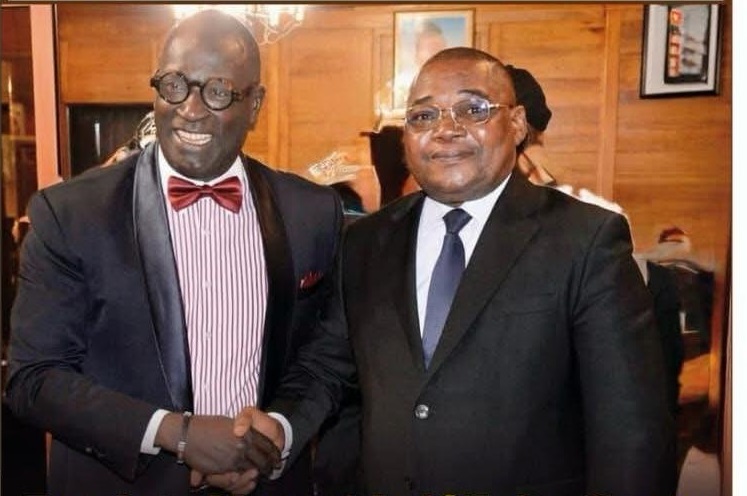

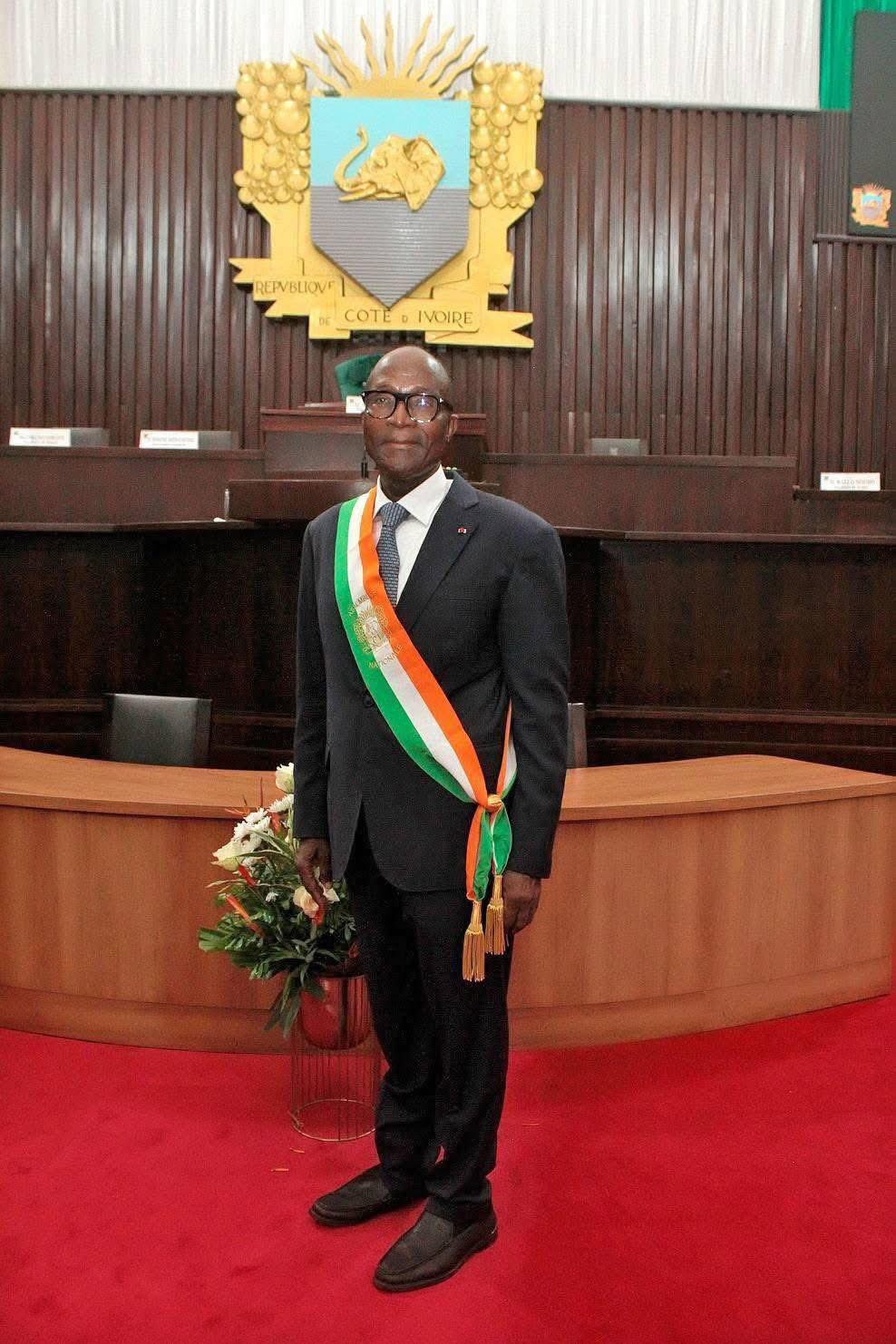
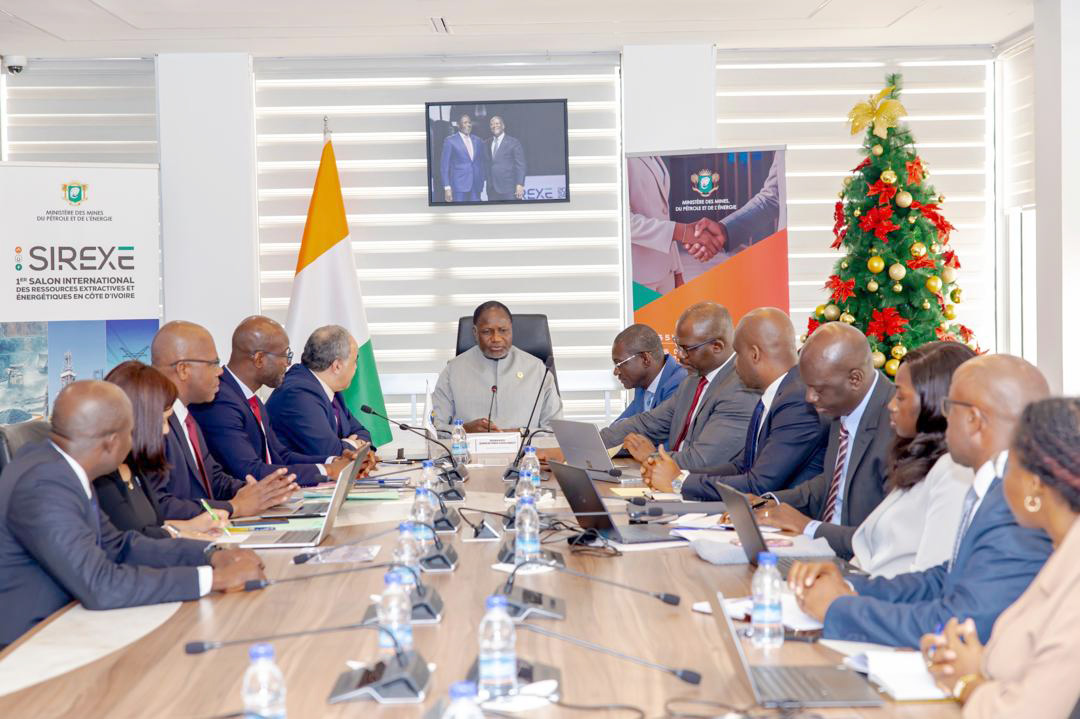
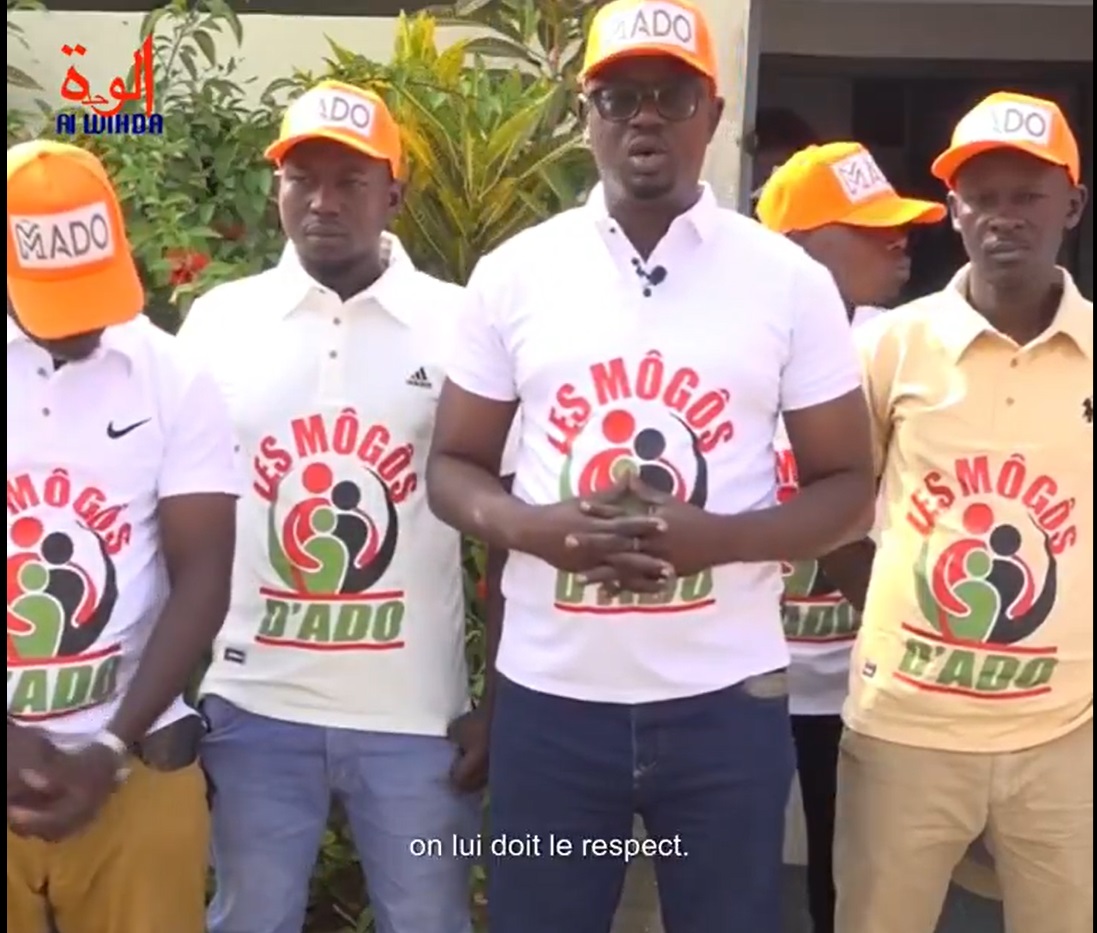
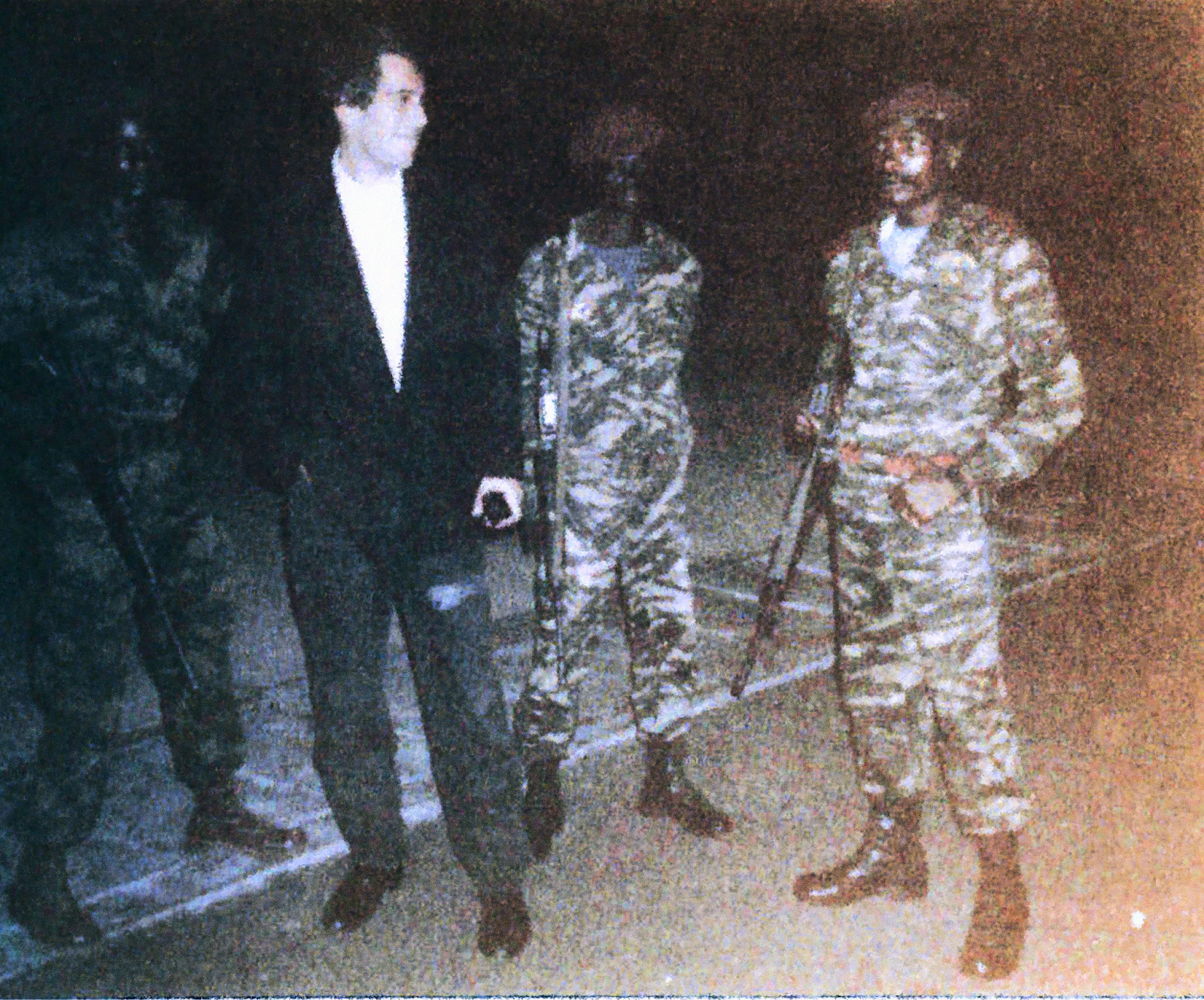
Commentaires Facebook